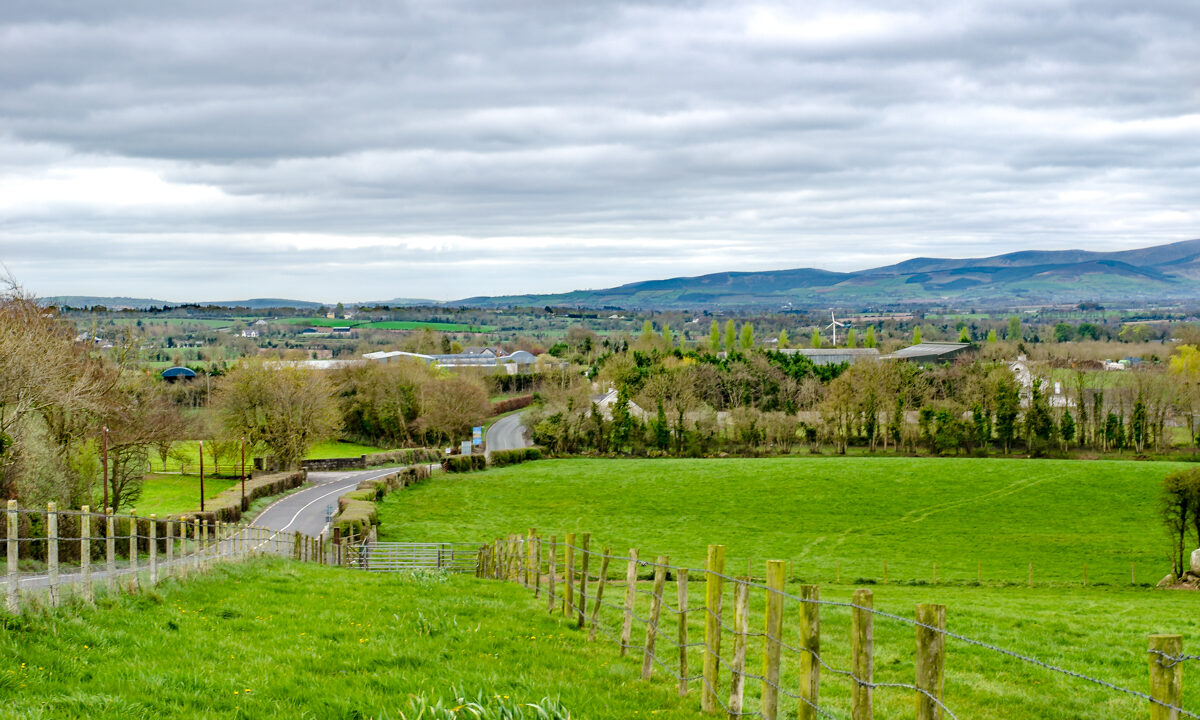The Joint Committee on Agriculture, Food and the Marine commenced pre-legislative scrutiny of the fur farming bill today (Thursday, July 15).
The committee heard from companies affected by the Animal Health and Welfare (Amendment) Bill 2021 at its meeting this morning.
The bill will provide the legislative framework to:
- Implement a prohibition on the keeping of animals primarily for their fur or skin;
- Provide for a scheme of compensation for the fur farming businesses currently operating;
- And introduce other miscellaneous amendments to the Animal Health and Welfare Act 2013.
The statutory prohibition will impact directly on three mink farming businesses that are currently conducting a lawful business.
The fur farming representatives present at the meeting were: Una Heffernan of Vasa Farm in Co. Laois; Michael Curran of Willow Herb Farm in Co. Kerry; and Gerard Reynolds, contracted accountant representing the two mink farmers mentioned along with Tazetta Teoranta Farm in Co. Donegal.
‘Very stressful’ number of months
In a statement to the committee, the businesses said that as per the Programme for Government, they had been working and operating their business plans towards closing in 2024, “in line with a phasing out of fur farming”.
“Two of the three farms have licences up until then, the other farm has a licence to the end of this year. It has come as a huge shock to us that we are to be closed at the end of this year and goes against what is set out in the government’s own plan to ‘phase out’ fur farming,” they said.
“We still have not received a valid or logical explanation as to why we cannot farm until the end of our licences.”
The businesses said that the last nine months have been “very stressful for us”; and while “this is regularly acknowledged” by the Department of Agriculture, it has “done nothing to mitigate the distress that this whole process is bearing on us”.
They said they have asked the department “to make mental health supports available to us on those grounds however, these requests have been rejected”.
“Members will be fully aware of the mental health challenges that are prevalent in rural communities in particular and we have heard repeatedly of government ministers calling for increased supports to be made available,” the businesses said.
“It seems though that they are happy to close down our businesses and end our livelihoods with little regard for the implications that this will have on us personally.”
Contribution of fur farming in rural areas
The representatives raised concerns over the supposed impact their company closures will have on the overall rural economy.
“From an employment perspective, there are over 100 suppliers that we buy food stocks from, stretching from the fishermen in Cork and Kerry right up to Malin Head.
“The economic impact of the loss of our business will be significant for them. We operate in rural areas, places that do not have new industries opening in them, and we cannot see another industry coming to the area to replace the valuable contribution we make to the local community by operating here.
“There is nothing that can replace that loss to the community or indeed for us in the future.”
